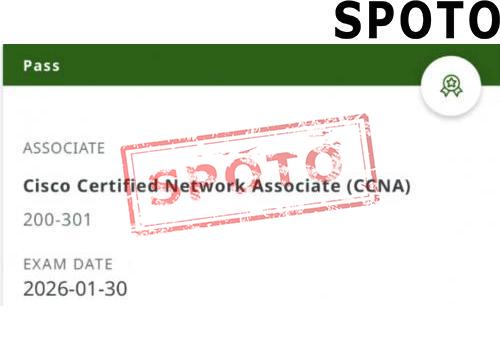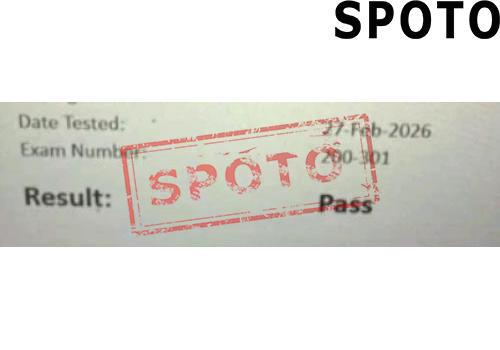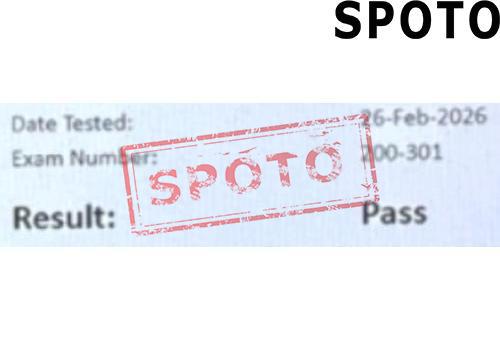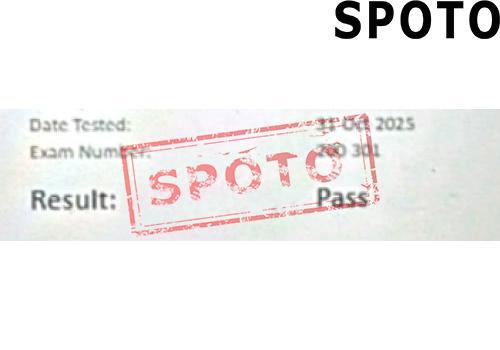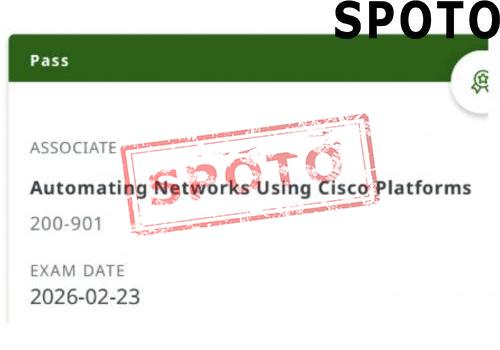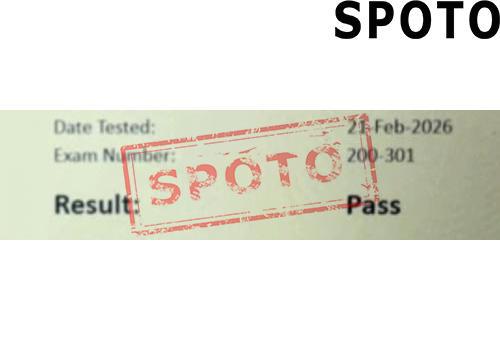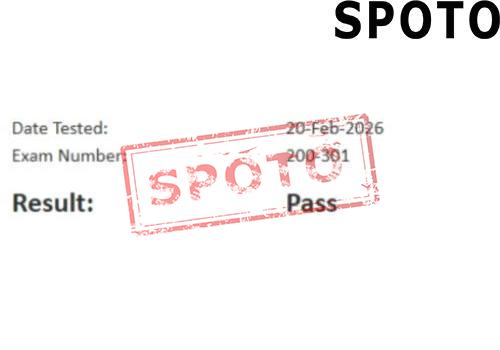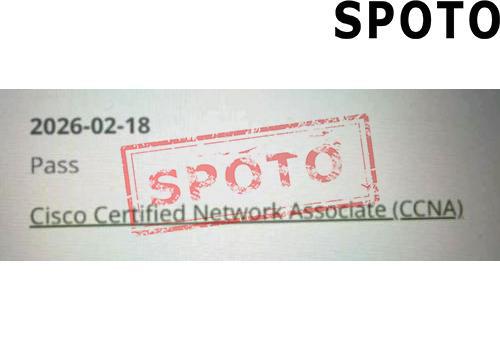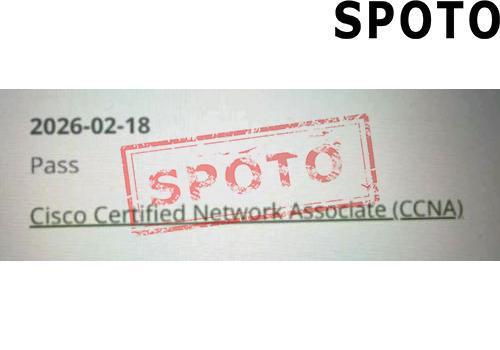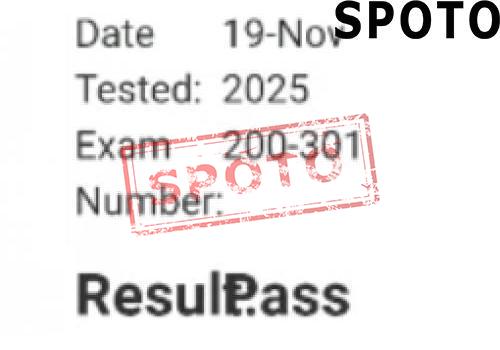
The Cisco Certified Network Associate (CCNA) certification is a valuable stepping stone for anyone entering the world of networking. It validates your knowledge of fundamental networking concepts, such as IP addressing, routing and switching, network security, and wireless technologies. While hands-on experience with routers, switches, and other networking equipment is ideal, it's entirely possible to prepare for the CCNA exam even without direct access to physical lab equipment.
In this article, we'll explore strategies to help you succeed in your CCNA preparation using virtual labs, online resources, and a structured study plan—all without requiring direct lab experience.
1. Leverage Network Simulation Tools
One of the most effective ways to gain hands-on experience without physical equipment is through network simulation software. These tools allow you to simulate real networking environments, practice configurations, and troubleshoot issues—essentially giving you the experience you need to pass the CCNA exam.
- Cisco Packet Tracer: This is a free tool from Cisco that allows you to simulate networking scenarios, and configure routers, switches, and other devices. While it's not a real-world device simulator, it's excellent for practicing CCNA-level tasks like IP addressing, VLANs, routing protocols, and basic security.
- GNS3 (Graphical Network Simulator 3): GNS3 is a more advanced simulator that allows you to emulate real networking hardware by running actual Cisco IOS images. While it can be a bit more complex to set up, GNS3 provides a closer approximation to real-world equipment.
Both tools offer the ability to build, test, and configure networks from the ground up, giving you the practical experience you need to pass the CCNA exam.
2. Utilize Virtual Labs and Cloud-based Resources
If you don't have the resources to build your own home lab, many platforms offer cloud-based labs that simulate real-world network environments. These platforms allow you to practice configuration and troubleshooting tasks remotely, without needing any physical hardware.
- Cisco's NetAcad (Network Academy): Cisco's NetAcad provides access to a variety of interactive learning materials, including virtual labs. By enrolling in a Cisco NetAcad course, you can gain access to a wide range of hands-on labs and activities designed to help you prepare for the CCNA exam.
- SPOTO: SPOTO offers virtual labs and training resources specifically designed for CCNA preparation. These cloud labs provide access to Cisco devices and network configurations, making them a great option if you don't have access to physical lab equipment.
- Boson NetSim: Another excellent tool for virtual lab practice, Boson NetSim offers a full-featured network simulator with realistic simulations of Cisco devices. It includes hundreds of practice labs that align with the CCNA exam blueprint.
Using these cloud-based labs, you can practice configuring routers, and switches, and even simulate troubleshooting network issues, all in a real-world-like environment.
3. Focus on Theory and Exam Objectives
While hands-on practice is vital, theory also plays a significant role in CCNA preparation. Since you may not have direct access to equipment, spend extra time mastering the theoretical aspects of networking to ensure you have a strong understanding of the concepts that underpin the CCNA exam.
Cisco provides a detailed exam blueprint that outlines all the topics covered on the CCNA exam. These topics include:
- Network Fundamentals: Understand network topologies, IP addressing, and types of networks (LAN, WAN, etc.).
- Routing and Switching: Learn about protocols like RIP, OSPF, and EIGRP, and how routers and switches operate within a network.
- IP Connectivity and IP Services: Study how devices connect and communicate over the internet, and how services like NAT, DHCP, and DNS work.
- Security Fundamentals: Familiarize yourself with network security concepts, including access control lists (ACLs), VPNs, and firewall basics.
- Automation and Programmability: Understand basic network automation and the role of APIs in modern networks.
Make sure to read Cisco's official study guide, review online tutorials, and watch video lessons that break down each exam objective. Cisco's official CCNA 200-301 Study Guide is an excellent resource for this.
4. Join Online Communities and Study Groups
Networking with others who are also preparing for the CCNA can provide valuable insights and motivation. Join online forums, communities, and study groups where you can exchange ideas, troubleshoot problems, and discuss study strategies.
- Cisco Learning Network: Cisco's official community forum is a fantastic place to ask questions, share resources, and engage with other CCNA candidates.
- Reddit: Subreddits like r/networking and r/CCNA offer real-world advice, exam tips, and study materials from people who have already completed the certification.
- Discord Study Groups: Many study groups are organized on Discord where candidates meet virtually to discuss topics, solve practice problems, and motivate each other.
These communities often share exam tips, troubleshooting techniques, and study resources that can help you prepare more effectively.
5. Use Online Training Platforms and Videos
If you're unable to get hands-on practice, video courses and tutorials can be incredibly useful for visual learners. Platforms like YouTube, Udemy, and LinkedIn Learning offer CCNA preparation courses that walk you through network configuration, troubleshooting, and theory in a structured way.
Some highly recommended instructors and platforms include:
- Jeremy's IT Lab (YouTube): Jeremy's IT Lab provides free, comprehensive CCNA tutorials, from theory to configuration, in a clear and easy-to-understand format.
- CBT Nuggets: A popular platform offering video courses and practice labs designed specifically for CCNA preparation. The videos are known for being both engaging and informative.
- Pluralsight: Pluralsight's networking courses include video lectures, practice quizzes, and hands-on labs that can help you get a deeper understanding of networking concepts.
These video courses can walk you through the configuration of virtual devices, demonstrate key concepts, and even explain network troubleshooting processes step by step.
6. Focus on Exam Preparation and Practice Tests
To ensure you're fully prepared for the CCNA exam, you need to practice taking exams and get used to the format. While real-world labs and virtual practice may not provide the exact same experience as the exam, practice exams can help you become familiar with the types of questions you'll encounter.
- SPOTO: SPOTO offers a highly rated practice test suite that simulates the actual CCNA exam environment. These tests help you gauge your readiness and identify areas you need to focus on.
- Cisco's Official Practice Exam: Cisco also provides an official practice exam for the CCNA, which can help you get comfortable with the test format and question types.
- Transcender: Known for its challenging practice exams, Transcender is another excellent resource for simulating the real-world CCNA exam.
Taking practice exams will give you the opportunity to identify weak areas, reinforce your knowledge, and get accustomed to the time pressure of the actual exam.
7. Stay Consistent and Organized
Without direct lab experience, consistency is key. Follow a structured study plan, set goals for each week, and stick to your schedule. Break down the material into manageable chunks and review each topic thoroughly before moving on to the next.
Conclusion
Preparing for the CCNA without direct lab experience can be challenging, but it's certainly achievable with the right approach. By leveraging simulation tools, cloud labs, and online resources, and focusing on theory and practice exams, you can gain the knowledge and skills needed to pass the exam. Stay consistent in your studies, engage with the online community, and ensure you get plenty of hands-on practice with virtual labs. With dedication and the right resources, you'll be well on your way to earning your CCNA and advancing your networking career.
